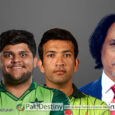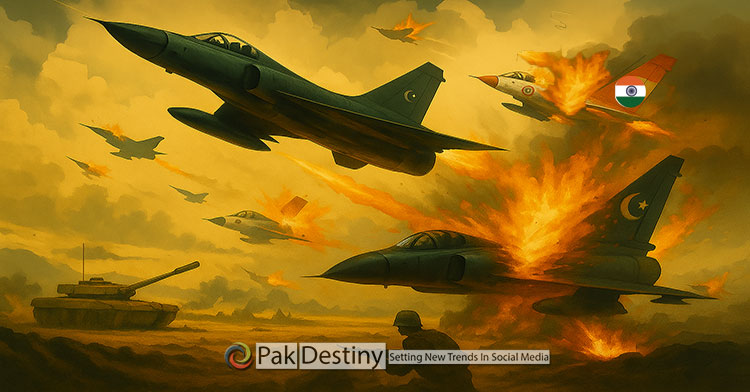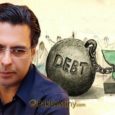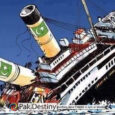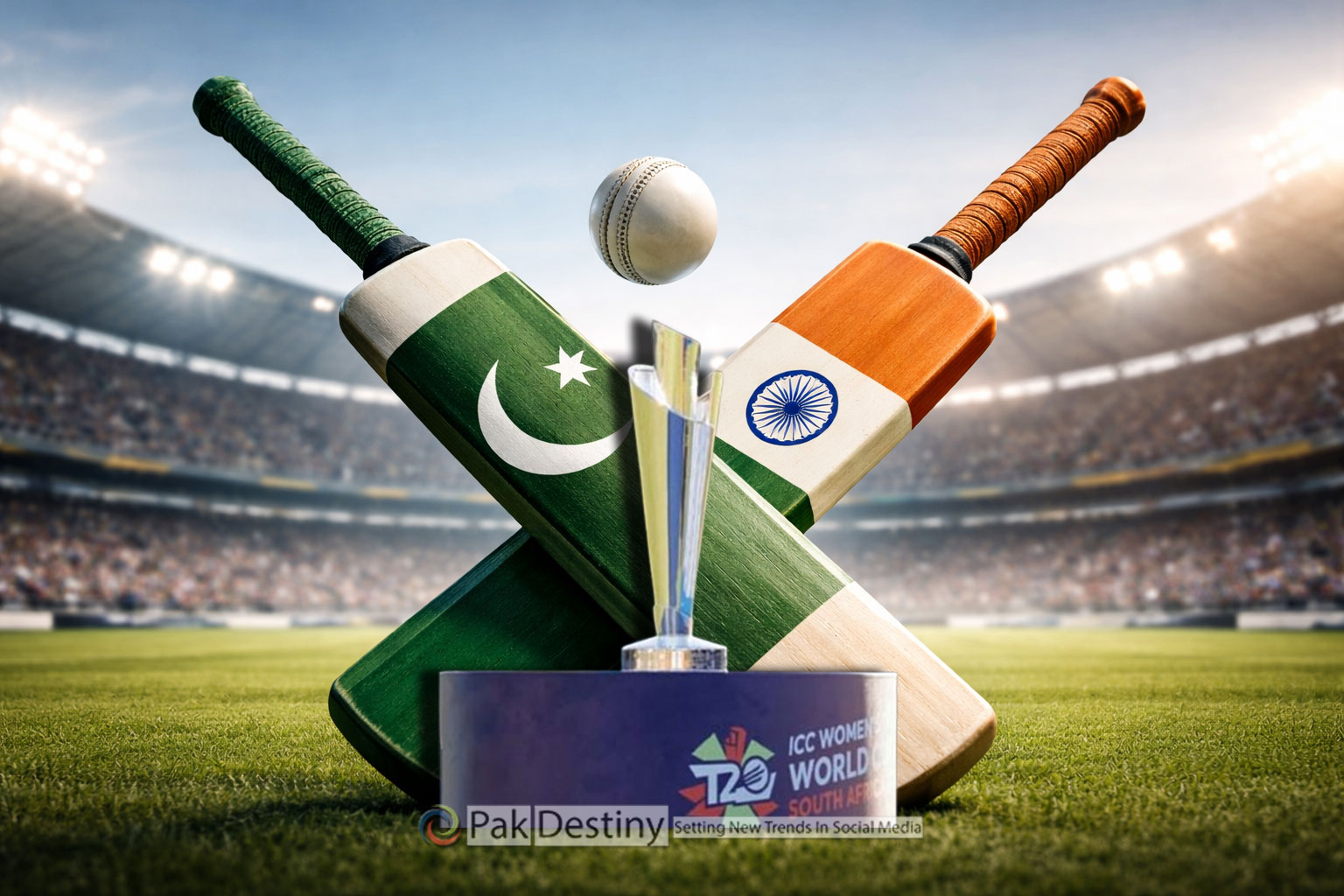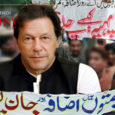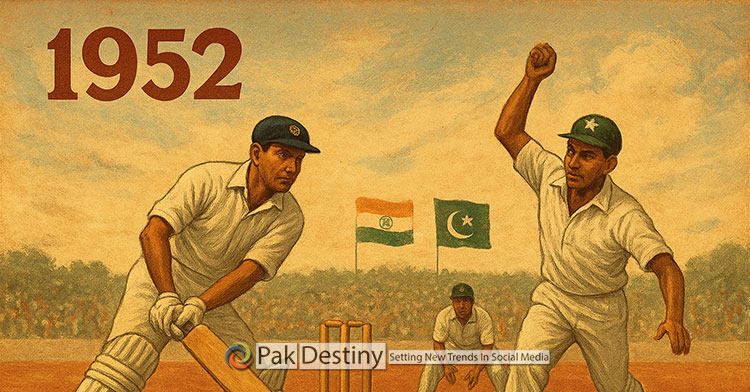
By Ali Ahmed Sabir Kayani
The inaugural test series between India and Pakistan in 1952 was more than just cricket. The uneasy relationship was characterized by not only five years old partition but post partition controversies like raw borders, unresolved water & Kashmir disputes added fuel to overall bitterness. Still, India invited Pakistan for their first ever test series when Pakistan attained test status. Waqar Hassan narrates that when team bus crossed Wagah border crossing the players were apprehensive but they received rousing welcome by Indian officials and public. It is significant to point out here that Gul Muhammad, Skipper Kardar & Amir Elahi had already played test cricket for India before they represented Pakistan.
India having played its first test way back in 1932 had already twenty years of test experience on their side by the time Pakistan made test debut. The series eventually ended with 2-1 score line in favor of India but in between there were many memorable moments on and off the field. The contest ignited the most emotionally charged rivalry in world cricket and in view of many it even surpasses the Ashes.
This series is remembered for Vijay Hazare & Polly Umrigar’s solid batting and Vinoo Mankad’s all-round brilliance from India while highlight for Pakistan included Hanif Muhammad’s patience, Nazar Muhammad’s splendid hundred, Waqar Hassan’s consistency and Fazal Mahmood’s brilliant bowling ably supported by Mahmood Hussain in absence of Khan Muhammad. Interestingly, Fazal Mahmood also contributed significantly with the bat and was Pakistan’s answer to Mankad’s all-round magic.
Fazal Mahmood entered into the folklore of Pakistan cricket with magical 12 wickets haul in Lucknow as Pakistan registered their first test win in only their second test – a win for which India had to wait for twenty long years. Interestingly Lucknow was the only matting wicket of the series and Fazal proved that he was unplayable on such tracks. Despite defeat in first test in Delhi, Pakistan was competitive till that last wicket irritating partnership which yielded more than 100 runs. India decisively won the third test in Bombay but Pakistan had a solid grip in the next in Madras, however, the weather intervened and this test and next at Calcutta ended in draw. Towards the end of the series Kardar expressed satisfaction with Pakistan’s young team’s performance against a much stronger side and added that given the fair share of luck we would have managed to draw the test series (Civil & Military Gazette).
Irrespective of the final score-line Pakistan gave a good account of themselves against an experienced opposition. Kardar in his Memoirs writes that it was a dream to beat them (India) but felt the dream was far from all reasonable probability yet there was hope as we had defeated MCC. Jarrod Kimber in ‘Test Cricket, the unauthorized biography’writes that Pakistan believed they should have been a test nation from the time they were a country. As described by Qamar Ahmad, renowned cricket broadcaster the remarkable performance of Pakistan in its early years was due to breeding ground of schools, universities and clubs prominent being Mamdot, Crescent, Universal & Ravi Gymkhana. Osman Samiuddin in ‘The Unquiet Ones -A History of Pakistan Cricket’ writes that 11 out of 18 members of Pakistan team to visit India were from Government & Islamia college and 8 of them were in the playing eleven.
A few unpleasant incidents did take place in the series such as an Indian intelligence officer entering the room of Pakistan captain, asking for schedule of team movement & G. Thattee, General Secretary of Hindu Raj Party threatening to picket the entrance in Bombay test. Before that Dr. Khare, President of the Akhil Bharat Hindu Mahasabha had also announced picketing at Pakistan’s match with central zone at Nagpur (civil & military Gazette).
Despite these few isolated incidents, the tour was a huge success and there was good camaraderie between the players. When Pakistan won the 2nd Test at Lucknow, the Indian crowd rose in applause. Despite political tensions, fans appreciated good cricket. Indian newspapers noted that “Fazal walked off to a standing ovation from local fans – a rare sight in any India-Pakistan match then or now.” The Hindu (Oct 27, 1952) wrote even in defeat, Indian fans applauded the grace of the Pakistani cricketers.
Abdul Hafeez Karadar, the Pakistan captain also acknowledged cricket loving spectators of Madras (now Chennai) for their knowledge of the game and appreciated the friendly way in which matches were played (Civil & Military Gazette). In a reception hosted by Abdul Rahman Chaudhary Pakistan’s Deputy High Commissioner in Calcutta (now Kolkata) Vinoo Mankad praised superb sportsmanship and keenness of the Pakistan cricket team.
Similarly, in a dinner hosted by cricket association of Bengal in honor of both teams at Calcutta Kardar congratulated Lala Amarnath and his team for winning rubber while Lala ji said Kardar and his youthful team played cricket in real sense of the word in a friendly atmosphere. The president of Indian Cricket Board Mr. JC Mukherjee and Maharajkumar Vizainagaram spoke highly of decency and sportsmanship of Kardar and his team. In Bangalore (now Bengaluru) Kardar in an interview to Star suggested Indian cricketers should visit Pakistan. He said what ambassadors cannot achieve in years cricketers can achieve overnight.
In a time with no TV, the series unfolded through the magic of radio and newspapers. All India Radio and Radio Pakistan aired ball-by-ball commentary @ 276.2-meter band on medium wave and 48.88-meter band on short wave. Newspapers like The Hindu, Dawn, Civil & Military Gazette, and The Times of India covered every ball, every speech, every handshake – not just as sports reporting, but as acts of diplomacy. Cricket news and photos were front-page material. At a time when cross-border narratives were tense, cricket told a different story – one of mutual respect and shared heritage.
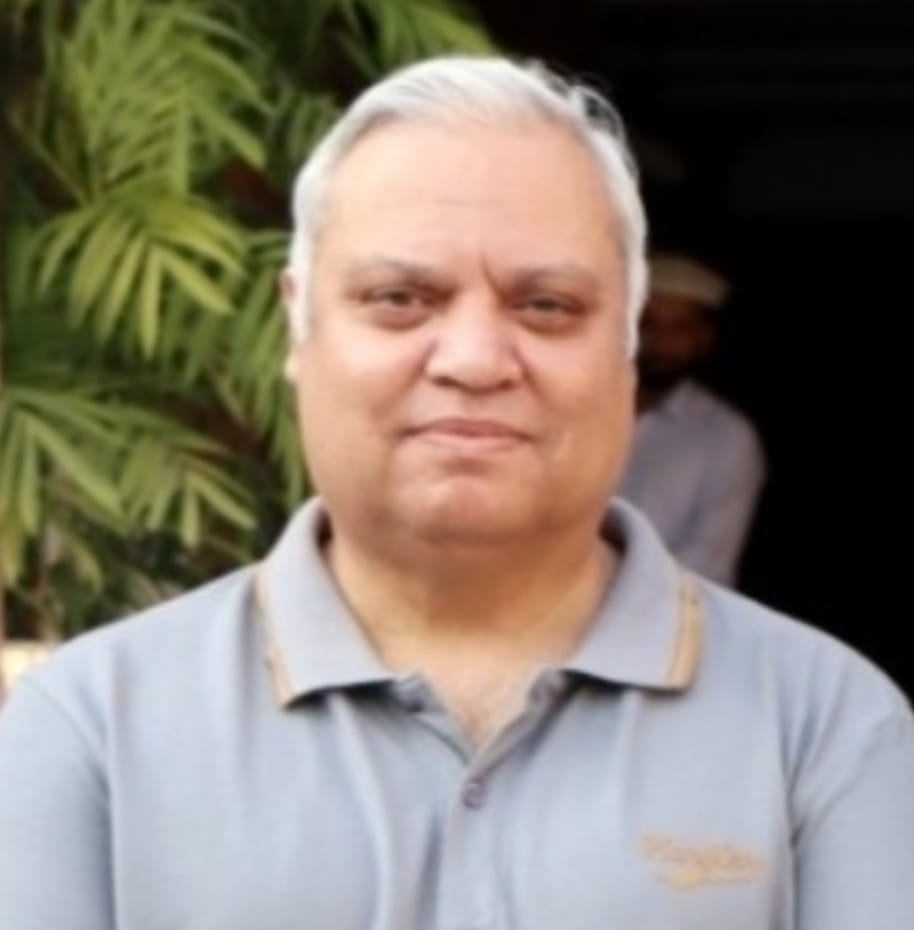
The writer is a former Additional Inspector General of Police.
Contact: [[email protected]]

